Sphagneticola O. Hoffm.
creeping oxeye
Asteraceae
Aciotis, Acmella, Bidens, Gymnocoronis, Hyptis, Shinnersia
New World tropics and subtropics
Sphagneticola calendulacea (L.) Pruski
S. trilobata (L.C. Rich.) Pruski
introduced into the southeastern United States and the Old World
can be weedy
creeping, mat-forming herb
Stem creeping to ascending, round, short, strigosestrigose:
(adj) with stiff, straight, sharp, appressed hairs
or hirsute to subglabrous, rooting at nodes. Leaves oppositeopposite:
(adj) (of leaves) two leaves per node; in pairs on opposite sides of an axis
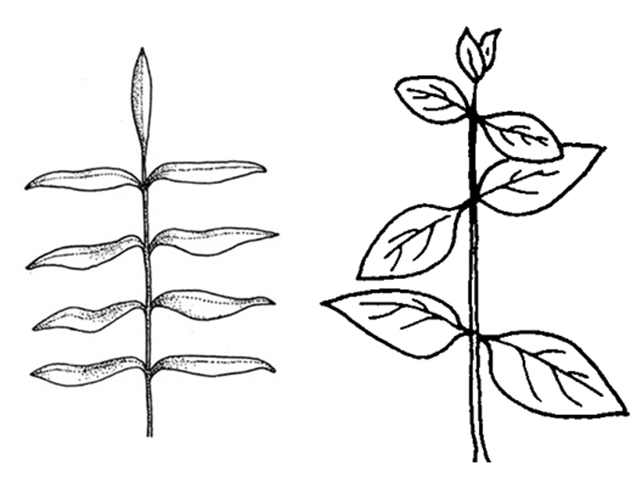 ; sessilesessile:
; sessilesessile:
(adj) attached directly, without a stalk
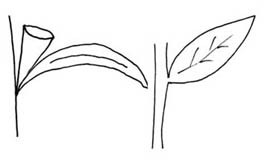 or petiolatepetiolate:
or petiolatepetiolate:
(adj) relating to or in the form of a petiole; bearing petioles
; leaf bladeblade:
(n) (syn. lamina) the flat, expanded part of a leaf, frond, or petal (excluding, e.g., the petiole)
 lanceolatelanceolate:
lanceolatelanceolate:
(adj) lance-shaped; widest point below the middle, tapering to the apex
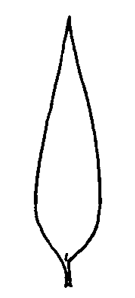 to obovateobovate:
to obovateobovate:
(adj) ovate, with the narrow end at the base
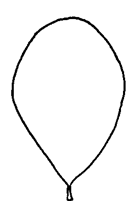 , often with 3 triangular lobes, fleshy, glabrousglabrous:
, often with 3 triangular lobes, fleshy, glabrousglabrous:
(adj) without hairs or scales
; apexapex:
(n) the point farthest from the point of attachment; the tip (often pointed)
acuteacute:
(adj) tapering to a sharp, pointed apex with more or less straight sides; broader than acuminate; forming an angle of less than 90 degrees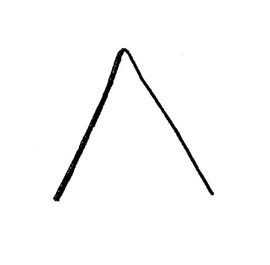 ; base cuneatecuneate:
; base cuneatecuneate:
(adj) wedge-shaped; triangular, with narrow end at the base
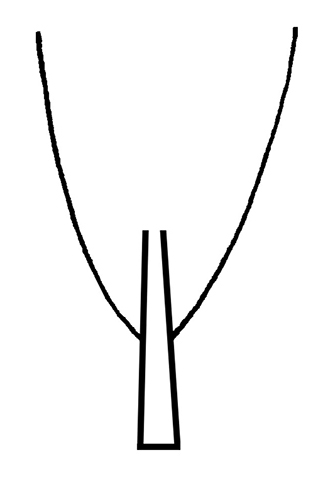 ; marginmargin:
; marginmargin:
(n) edge; rim
irregularly toothed; venationvenation:
(n) the arrangement of veins in a leaf
pinnate. Inflorescenceinflorescence:
(n) the arrangement of flowers on the floral axis
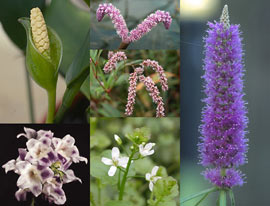 axillary, of radiate flower heads; pedunculatepedunculate:
axillary, of radiate flower heads; pedunculatepedunculate:
(adj) borne on or possessing a peduncle
; involucreinvolucre:
(n) a whorl of bracts subtending a flower, flower cluster, or inflorescence
campanulatecampanulate:
(adj) bell-shaped
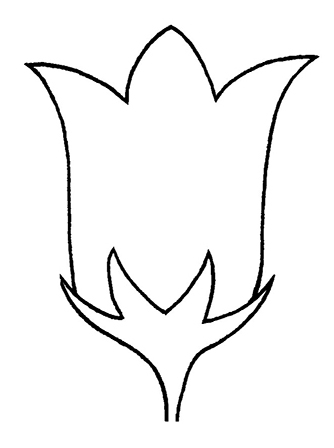 -hemispherical; phyllariesphyllary:
-hemispherical; phyllariesphyllary:
(n) an individual bract of the involucre in Asteracea flower heads
lanceolatelanceolate:
(adj) lance-shaped; widest point below the middle, tapering to the apex
 ; ray florets fertilefertile:
; ray florets fertilefertile:
(adj) producing viable seed, spores, or pollen; capable of reproducing
, often 8-13 per headhead:
(n) inflorescence consisting of small closely packed stalkless flowers or florets arising at the same level on a flattened axis; of several types, including: discoid (composed entirely of disk flowers) and radiate (composed of central disk flowers and marginal ray flowers)
, 2-4 denticulatedenticulate:
(adj) minutely dentate; projecting in the form of a small tooth; slightly toothed
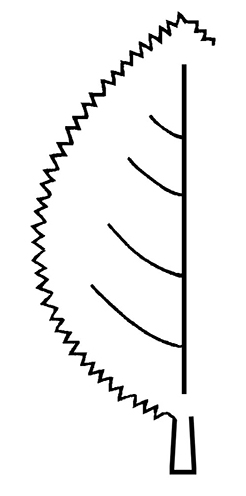 ; disk florets fertilefertile:
; disk florets fertilefertile:
(adj) producing viable seed, spores, or pollen; capable of reproducing
, pappuspappus:
(n) modified calyx in the Asteraceae, composed of hairs, bristles, awns, or scales
a crowncrown:
(n) the basal portions of a herbaceous plant, usually where root or rhizome meets aerial stem
of short fimbriatefimbriate:
(adj) fringed with long hairs or processes
scales; yellow-orange. Achenes clavateclavate:
(adj) club-shaped; gradually widening toward the apex
, brown; tuberculatetuberculate:
(adj) bearing tubercles
; pappuspappus:
(n) modified calyx in the Asteraceae, composed of hairs, bristles, awns, or scales
of fused scales, crowncrown:
(n) the basal portions of a herbaceous plant, usually where root or rhizome meets aerial stem
-shaped.
very wide ecological tolerance range; equally suited to dry and moist sites, and often found in littorallittoral:
(adj) of or along the shore
areas
Sphagneticola contains five species, of which none are truly aquatic. Sphagneticola trilobata is capable of surviving and thriving in wet habitats, and although it isn’t a true aquatic plant, it is marketed as an ornamental ground cover, and as a pond, bog, and ripariumriparium:
(n) a type of aquarium that simulates wet habitats found along the edges of lakes, rivers, ponds and streams
plant.